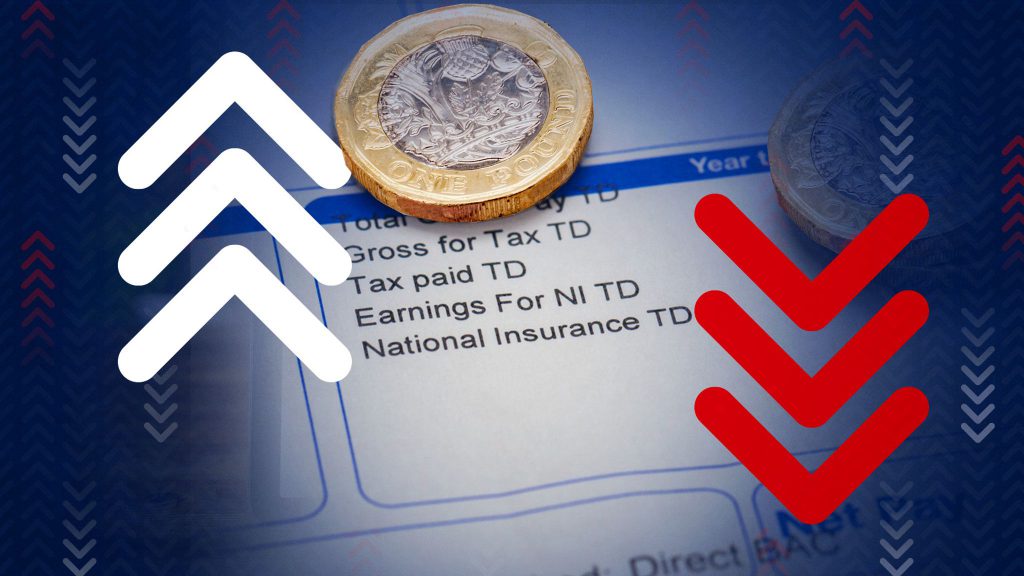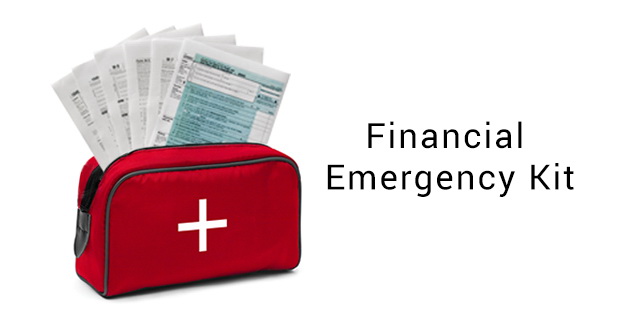Everyone in Pakistan is feeling the pinch from rising inflation, which doesn’t seem to be easing up anytime soon. For most people with fixed income, and no significant growth in their salaries, it is time to revisit their budgets and change their regular spending behaviour.
With prices of almost every daily use commodity increasing month after month, and all rising above last year’s levels, people are faced with tough decisions. Petrol, food, groceries and utilities are all adding up to high jumps in the outflow of money.
This makes it critically important to reassess your budgets and see where and how your money is being spread out. To learn how to budget in an inflationary economy, visit our blog 10 practical ways to fight growing inflation in Pakistan
Review Prices

The inflationary situation means that the budgets we are using up to now will most probably not be effective. Since inflation affects the prices of commodities differently, we all need to readjust our budgets, accordingly. For instance, working people that ordered lunch and meals from home chefs, or canteens may find that the delivery charges are too high to make economic sense anymore.
Car and bike pooling is becoming a norm as people start to pool rides to work to save fuel money. This is a practice that should have started long ago, but it is better late than never. There are apps to facilitate this.
The best option is to keep an eye on the prices and make sure that you spend money practically. This can be as easy as eating less meat, and more veggies, spending less on outings and weekend treats and managing expenses to make sure that savings aren’t reduced due to inflation.
Make Budgeting the Norm
With surging inflation showing no promise of reducing, there is little to indicate that grocery bills will not continue to rise, and stock markets are volatile. The only thing we can do is to apply means to reduce the pressure on our budgets.
This can be done by separating expense items into needs and wants. Needs like food and utilities, and rent cannot be reduced, but wants like having meat every day, and getting your 7-year-old tutored for homework every day is a wants. Taking kids for outings to malls, and play areas is also want. You can take kids to parks and increase the frequency. Play with them in parks so that both parents and children get their exercise and fun.
In cases where spending cannot be avoided, to control expenses, you can trade down and trade sideways. For example, trading down means buying less expensive brands for a compromise on quality. Trading sideways means buying from a brand of equal quality, but with lower prices.
Both these options are available around us and applying these choices allows us some breathing room in our limited budgets. For example, mangoes may be too expensive right now, so buy fewer mangoes and buy more peaches or grapes. Similarly, buying from a superstore is usually more expensive, so go to the local kiryana store and buy open produce for lower prices.
Reduce eating out and when you do eat out, opt for lower-priced options. As inflation remains high, consumer confidence is falling. But remember that even if the inflation rate is high, your own personal experience could be different.
We all have our own personal inflation. If you live in your own home and live within your means, then your inflation rate will be much less than the overall average, which gives you more room to save.
Budgeting and planning are the need of the hour, but for those that are already following a regulated budget, it is nothing new or drastic.
If you are new to budgeting, sit down and think about your income and additional financial inflows and where you need the money to go. Then, take a look at your spending and see if it aligns with those values.
Start with a budgeting exercise, take your take-home pay and leave 50% for living expenses and utilities, 20% for leisure and miscellaneous, and 30% for savings, where possible. for the single people living with their families, this is a doable ratio, while those managing families on their own could find this challenging.
Increase Savings
Regardless of how much inflation is affecting your income, budget for savings and you’re your best to continue saving. When you are reviewing your budget, see if you can set aside a small amount each month to start building up an emergency fund. Even putting Rs. 1000 in such an account each month starts you off on the right track towards better financial habits in the future.
Once you have that safety net, you’ve earned the right to invest more or pay down more debt
The returns from a savings account will never be enough to plan a savings fund. To manage your savings to be sufficient for emergencies, you must look into the various savings plans offered by mutual funds, insurance, and investment companies.
Saving through a financial institution should yield better returns than a savings account. Returns on money placed in savings certificates and fixed deposit accounts are usually much better than saving accounts.
Investing in a savings plan for your children can seem to be overwhelming in the current economic scenario but doing so means that you are planning realistically for future expenditures. Having a focused savings plan would yield returns as and when you need it.
Most insurance companies offer policies that let you save up for children’s education and marriage expenses. Many companies also offer options to include emergency withdrawals or to get an additional policy to cover medical expenses
Conclusion
Like many other challenges in life, inflation can be met with some common sense, a lot of realistic financial planning, and making sensible, researched financial decisions.
Knowing that expenses are going to increase and planning for their increase would make it easier to manage them. However, regardless of the state of the economy, it is advisable to shop around for a savings scheme with any insurance company that allows you to save for any unexpected event like a sudden illness, or unemployment period and plan practically for the rising costs of living.

Sadia Zaheer holds a Masters in Business Administration from IBA, Karachi. After working in several financial institutions in Client Management, Corporate Lending, Islamic Banking and Product Management she jumped careers to pursue a career in writing.
She is a Finance, Business and HR Development writer with four years of experience. She reads a lot and takes care of her multiple cats to remain calm.



